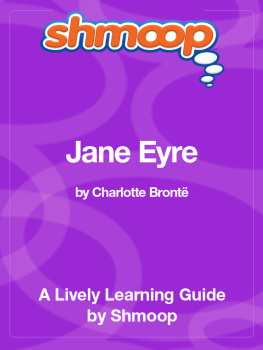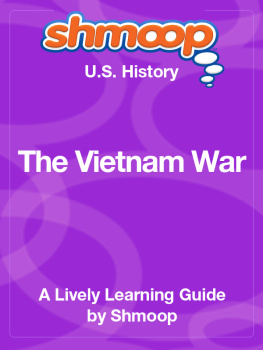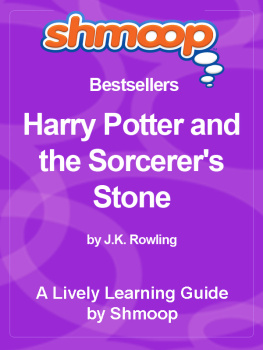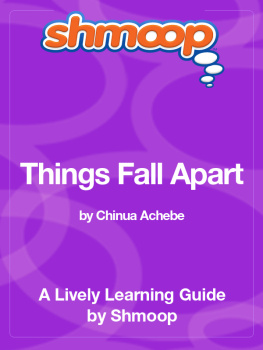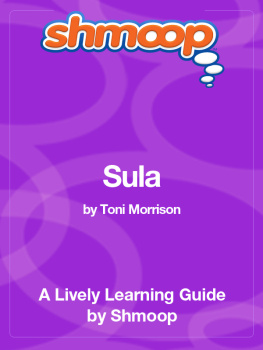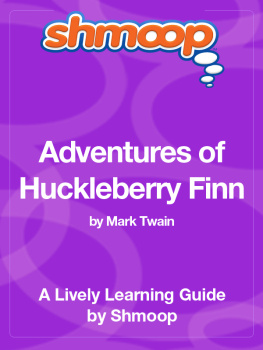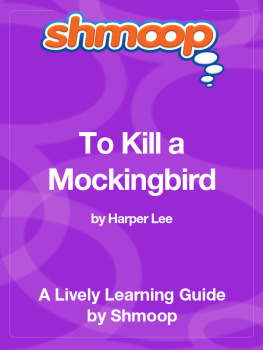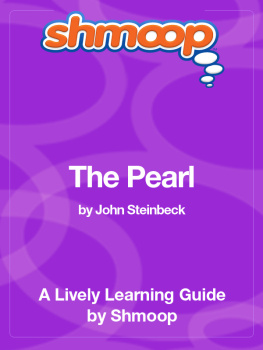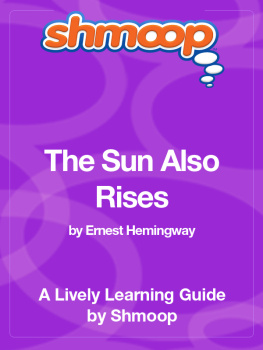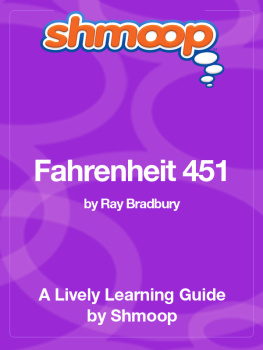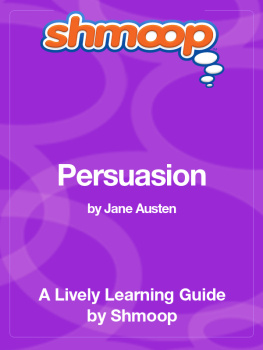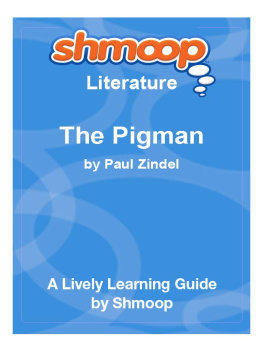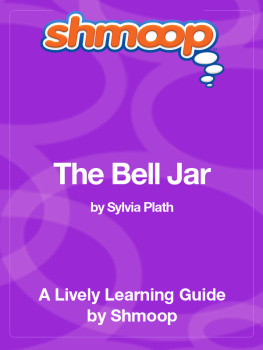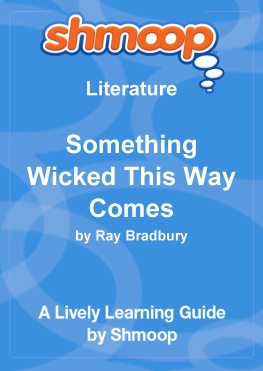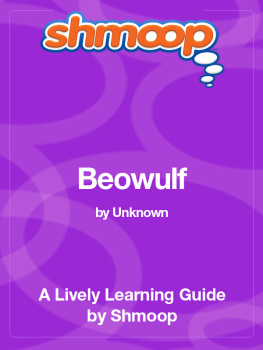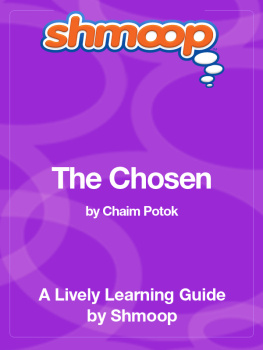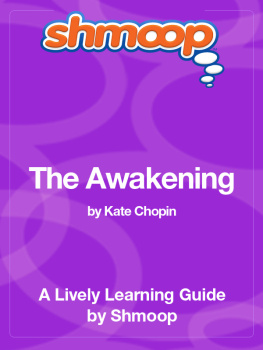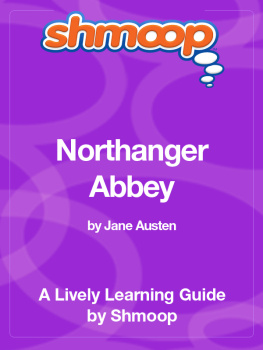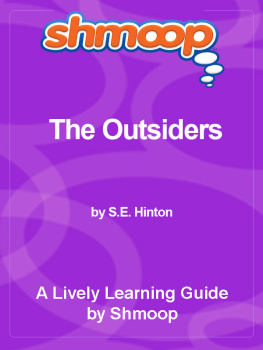
Table of Contents
In a Nutshell/Overview
Charlotte Bront published Jane Eyre, a three-volume novel, in 1847 under the pseudonym Currer Bell. The novel tells the story of a young woman who, orphaned as a child, must become first a teacher and then a governess to survive. In her first post as a governess, Jane Eyre develops a romantic fondness for her employer, the craggy, rough-mannered Mr. Rochester, but she also discovers that his country estate holds mysterious and frightening secrets.
Like Charles Dickens's David Copperfield, Jane Eyre is a classic Victorian bildungsroman, or "novel of development." Jane Eyre and David Copperfield are also both famous for using autobiographical material from the author's life in a fictional context. In Jane Eyre, for example, Bront draws on her own experiences of teaching and nursing the terminally ill, of watching her sister Maria sicken and die, and of falling in love with her supervisor while at a school in Brussels.
The most successful of the various novels by the three Bront sisters (Charlotte, Emily, and Anne), Jane Eyre was an instant bestseller and has been continually in print since its first publication. Charlotte Bront's willingness to engage, not only the titillating tropes of Gothic fiction and the difficulties facing unmarried middle-class women, but also the problems of empire and colony in 19th century England, has created a hybrid text that remains relevant and interesting for 21st century readers. Readers can focus on anything from the details of interpersonal relationships and romances to the fear and suspense of the Gothic genre or the problems of nationalism.
Viewing audiences have also embraced the story; Jane Eyre has been adapted for film and television more than two dozen times over the last century, from a 1910 silent version to the 2009 film currently in production, and has also been transformed into a musical, a ballet, and an opera.
Why Should I Care?
When you look at Jane Eyre, you might just see a long novel about a gal in an ugly gray dress whose life - a lot of the time - totally sucks. Whether she's gagging on burned porridge at her horrible boarding school or discovering that her fiance is already married to someone else or wandering around on the moor starving to death, life is often painful for Jane.
The thing is, it's not painful to read about it. In fact, we start to get kind of obsessed with all the gory details after a while. Did Jane and Rochester's wedding really get interrupted at the altar just now? When did Rochester decide to keep his wife locked in the attic? How many mistresses did he have? Is he Adle's dad or not? Will Jane marry her cousin or agree to bigamy? Is there a ghost at Thornfield Hall or is it a vampire? They could make a reality show out of this; it would be like Supernanny + The Bachelorette + Ghost Hunters.
Of course, apart from the whole thirst-for-voyeurism thing that we all have, Jane Eyre also about something else: The Man getting you down. Over and over, Jane's put into situations where she's too young, too poor, or too powerless to win, but she has to try anyway, and we all know about that. We've all been the kid who was completely mistreated by some random adult like Mrs. Reed or Mr. Brocklehurst just because that person has a stick up you-know-where. We've all had to accept that everyone would believe the adults just because they are adults, so they get away with it. Maybe some of us have also been the young employee who gets pressured to do something immoral by our boss. Or the girlfriend who finds out that her boyfriend's taking someone else out on Friday night. That "someone else" might not be an insane vampiric arsonist, but hey, parallels only go so far.
What we're trying to say is: half of Jane Eyre is pure get-the-popcorn omigosh-she-didn't spectacle, and the other half is looking pretty familiar.
Whats Up With the Title?
So, this is a novel about a woman named Jane Eyre, and it's titled
Jane Eyre. Seems pretty obvious, that one. But think about this for a second: the novel itself is
Jane Eyre, but the main character is Jane Eyre, so we're going to get confused a lot about whether we're talking about the whole book or just the character. This confusion isn't accidental: this novel (like most novels named for the hero or heroine) is all about the ways in which the main character is and isn't the same as the book that bears her name.
And what about that name - "Jane Eyre"? The "Jane" part makes us think "plain Jane" - it's an everyday, basic sort of name, not flowery, not snazzy; it fades into the background, which is something Jane's going to try to do a lot - or at least she'll
claim that's what she wants to do. And what about her last name, "Eyre"? That's not a name we've heard anywhere else. It's usually pronounced "air," by the way, suggesting airy-fairy sorts of qualities - and Rochester frequently accuses Jane of being like a sprite or a fairy or some other supernatural creature. Maybe it also suggests someone who "gives herself airs," someone snooty, uppity, or haughty, which is how the other servants in Rochester's household, like Mrs. Fairfax, seem to perceive Jane - as someone "with her nose in the air." You also might be tempted to pronounce Jane's last name as "ear," like the thing on the side of your head, and Jane is going to do a lot of listening and eavesdropping and being a sounding board.
But we're getting ahead of ourselves; if you want to know more about Jane, head over to the "Character Clues" section and read about her there. Right now we're thinking about that subtitle,
An Autobiography. After all, this isn't Charlotte Bront's autobiography. It's not even Currer Bell's autobiography. (See "Brain Snacks" for more on the pseudonym "Currer Bell.") But the novel
is Jane's own retelling of her life story to the reader (see "Narrator Point of View"). In fact, Charlotte Bront uses a lot of her own life experience to make Jane a rounded character - Charlotte, like Jane, taught at an unpleasant girls' boarding school, for example - and the book really toes the line between autobiography and fiction. So, not only is
Jane Eyre going to make us think about the relationship between the protagonist and the text itself - are we talking about Jane Eyre or
Jane Eyre? - it's also going to make us think about the relationship between the protagonist and the author.
All that from just the four words of the title! Think what'll happen when we actually analyze all 38 chapters! We don't know about you, but we can't wait.
Whats Up With the Ending?
Strangely,
Jane Eyre doesn't end with Jane Eyre herself. Oh, sure, at the beginning of the last chapter, we get that famous line, "Reader, I married him" (3.12.1), and we're excited that we finally get to have the wedding that Jane was denied at the end of Volume II. But the novel seems to be pretty much over the whole wedding thing by this point; after just a few understated paragraphs where Jane tells us about how Rochester's servants take this news, it's suddenly ten years later, Rochester has gotten his sight back, he and Jane chat all the time, and "perfect concord is the result" (3.12.13). Hooray, a happy ending. But what Jane's
really concerned with telling us at the end isn't how
her story ended - it's about what happened to lots of the other characters, especially, for some weird reason, St. John Rivers.
St. John Rivers - remember him? The intensely, not to say obsessively, religious cousin who wants to marry Jane, teach her Hindustani, and take her with him on a missionary trip to India? And she's just about willing to go for the last two ideas, but the first one is

